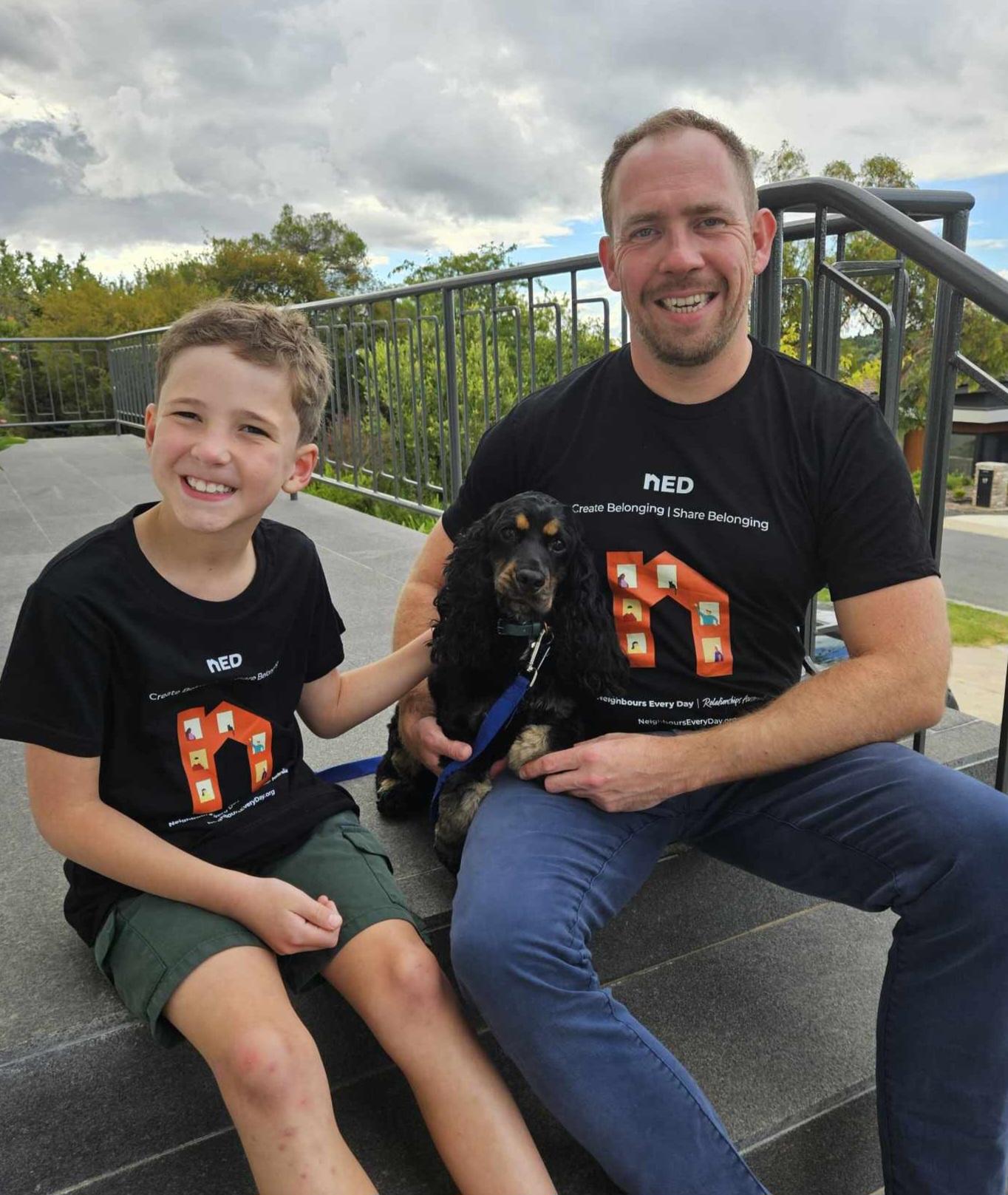This week, as we approach the annual celebration of all things community – Neighbour Day on 31 March – I was reflecting on how, and why Relationships Australia became involved in this campaign almost a decade ago.
Simply put, across the 75 years that Relationships Australia has been delivering support services to the Australian community, our practitioners recognised just how crucial relationships are, and how intricately linked they are with what it means to be “human”.
Our relationships shape who we are, they provide support when we need it, and are the people we choose to celebrate the good times with. Of course, they can be tricky, complicated, even unsafe, at times, and it is critical that supports are in place to help people navigate those complexities.
Our relationships can also take various forms, ranging from our immediate families to our friends, workplaces and, of course, our community.
And this is the other truth that Relationships Australia has observed in our clients: for most, a rich tapestry of different types of relationships is what truly drives us. When reflecting on this in an interview this week, my thoughts unsurprisingly turned to my son, a seven-year-old who is just beginning to appreciate the vastness of the world around him – and the opportunities that brings.
And it brings me great joy to see him surrounded by friends, both at school and in our neighbourhood, with whom he can enjoy these opportunities.
In our street, there are children of varying ages, cultures and backgrounds, and adults, too, who are generous with the children, letting them play in their front gardens, sharing vegetables, and generally enjoying the positive energy that children bring to us all.
Recently, we published a new resource with our friends at NAPCAN (a Very Neighbourly Organisation), about why being neighbourly is good for children and young people. Earlier this year, we also shared some new resources published jointly with Play Australia (another Very Neighbourly Organisation) about the importance of street play.
These resources are a great illustration of the opportunities that being neighbourly can offer for our children, and us as parents.
And research previously published by Relationships Australia in conjunction with the Australian National University reveals that strong social connections have a range of benefits, not just for our own well-being and resilience, but also in strengthening our other relationships, including those with our immediate family members.
As Australia grapples with a range of challenges, from the pandemic to natural disasters and the ongoing cost of living crisis, we have seen the effect that these pressures can have on our relationships. It’s comforting, therefore, to know that taking advantage of what is on our doorstep, free and readily available, can be an important part of the antidote, insulating us against loneliness and improving our general well-being. This year, as we celebrate Neighbour Day, I think it is a perfect opportunity for everyone to look to our immediate community, to connect, and to foster a sense of belonging for all.
And if we truly work to create and share belonging in our communities, it won’t just be our children who benefit, but all of us, on Neighbour Day – and every day!
